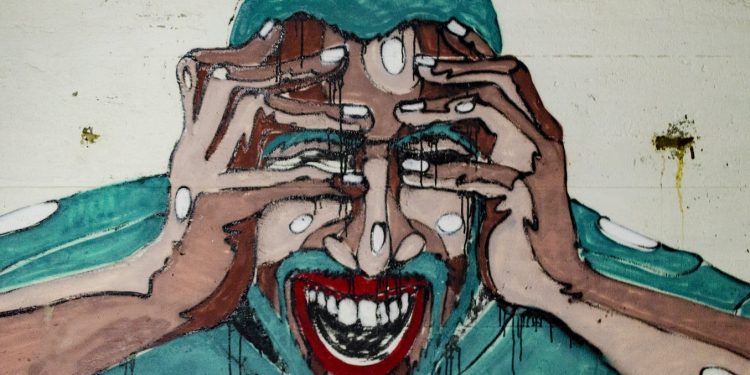Nicanor knows what fear is and he knows it because he has experienced it many times. Lately, instead, that fear (perhaps more indefinite, but just as vivid) visits him much more often. He is embarrassed to acknowledge it, but he confesses that long before he goes out to have a drink with his friends he begins to feel irrational anguish for what he will find there.
He does not understand, but his main concern when partying is live musicians. Especially the flute. When he heard a flute at a banquet, party or social event, a mass of fear grabs him by the chest and does not release him. It makes it a wink. Nicanor, we’re pretty sure of this, he has an anxiety disorder, but he doesn’t know it.
And it is not uncommon for him not to know, Nicanor lived in Greece in the last years of the 5th century BC and his problem, preserved in the ‘Hippocratic Treaties’, is the first documented case of an anxiety disorder we have. ‘Anxiety’ is not, as we can see, a newcomer to the life of human beings as we might believe. He has always been here and, as far as we know, he is not going anywhere. No, we cannot live without anxiety.
According to the DSM, which may be the reference psychiatric manual, I have not been entirely accurate in the previous paragraphs. Anxiety and fear are clinically different things. Anxiety differs from fear in that, while the latter is an emotional response linked to an imminent threat (real or perceived), the first is the anticipation of a threat that is not clearly drawn on the horizon.
Doctors, psychologists, and researchers, in general, are clear that anxiety is a normal emotion, something that is part of the ” standard emotional team ” of human beings. From the evolutionary point of view, it is a psychological mechanism that allows us to adapt to the environment and encourages people to move away from dangerous places.
In the last 150 years, human beings have reunited with themselves through modern science, but we have not been able to digest it well (culturally speaking). After dedicating hundreds of scholarly pages to deconstructing self and free will, they perform impressive intellectual somersaults that miraculously they bring back the eighteenth century.” And that is something that makes us grind our teeth, we need, say, psychologists, to find new ways to live a good life: it is not something simple, that is one of the great tasks of the synthetic philosophy, clinical psychology, and political theory: in short, of everyday life.









